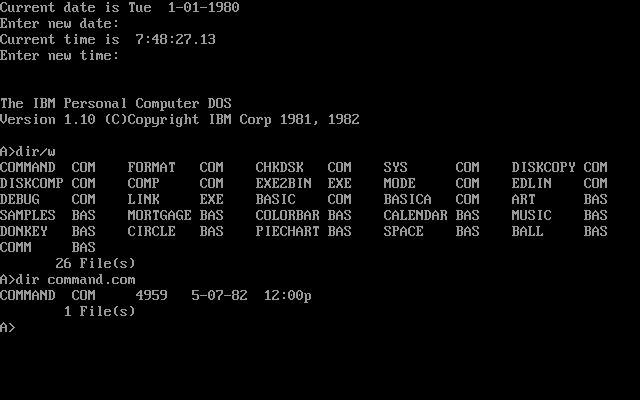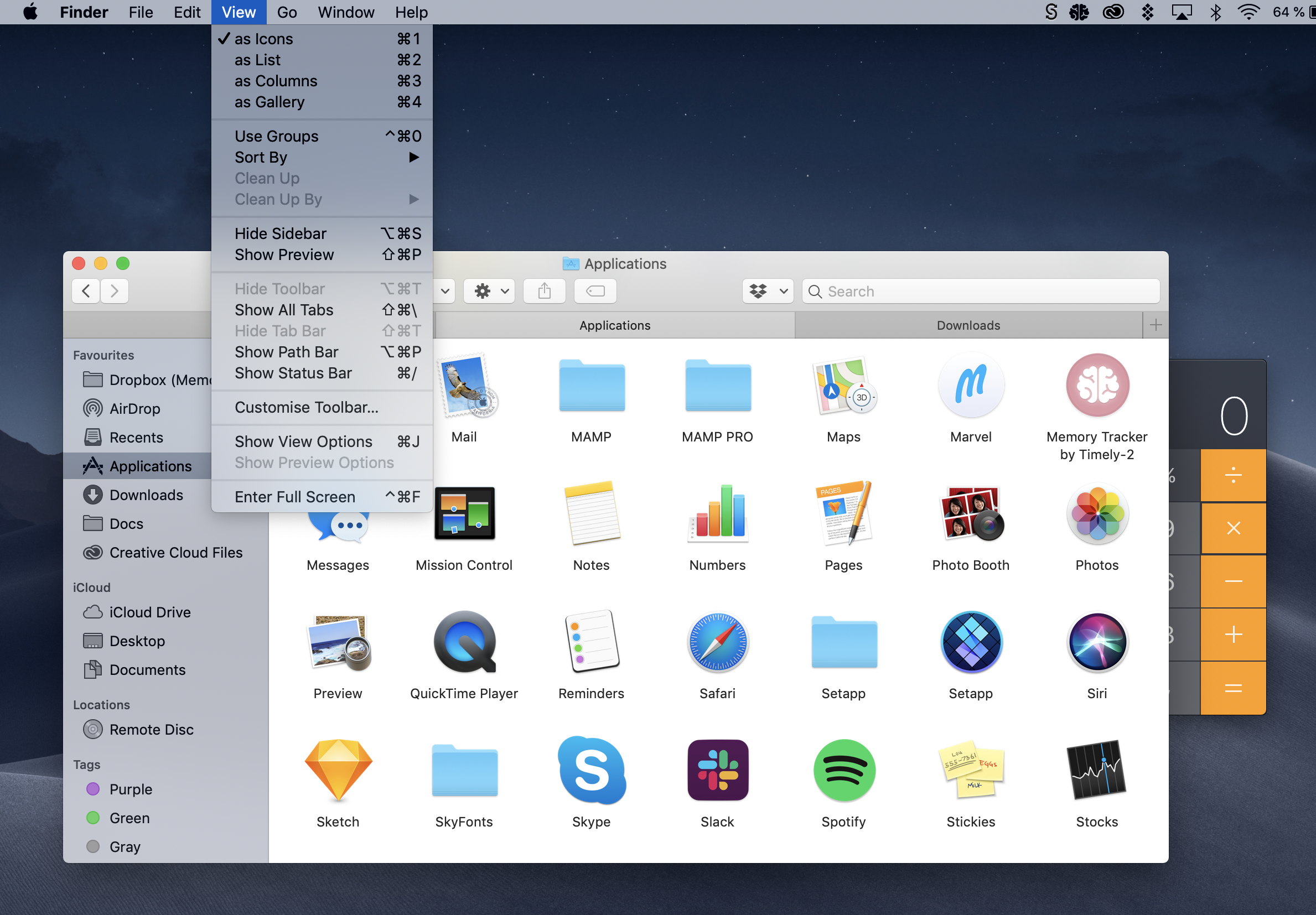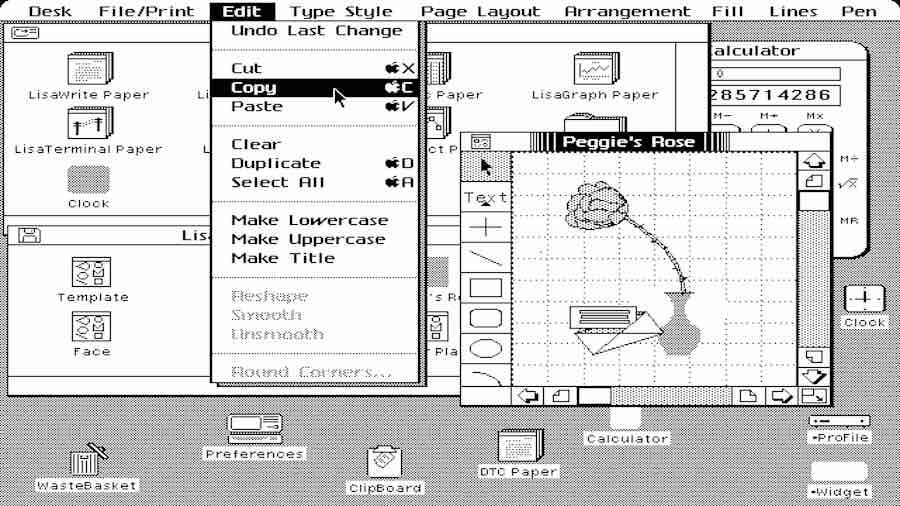Principles
Today we live surrounded by software products to a much greater extent than surrounded by people. It is difficult to imagine any activity which is not connected with software at any rate. Even those who don’t use smartphones or laptops also face interfaces against their own will.
Over the past two decades with the effort of designers and developers, interfaces of software products have become more user-friendly, so the users have learned their basic language and now can use the same app on different devices. However, the major issues of software didn’t go away. Every product still makes users perform a certain algorithm of actions to reach their goal. Still software programs are created for the
If you open Google and search for “Java” then links to websites connected with a programming language will occupy most of the first page. You might also see a link to a restaurant with the same name but you probably have nothing to do with the programming language and was looking for coffee or an island in the Pacific. Google showed you the most popular links for the query, relevant to the requests of the majority but not you personally. Google, as well as other software products, does not take into consideration who you are, your current circumstances, and what had happened before you opened Google.
Can a software product be targeted not at the majority of users but for me? Can it take my current circumstances into account at a particular moment in time? Can I use a product that looks different for me rather than for you?
Not so many early adopter companies today are working on the creation of products, which will manage to do it all, new high-quality products, software of the new generation — software based on artificial intelligence technologies.
These kind of products work more like our brain does. We don’t think in algorithms as today’s software demands us to do. It is too energy-consuming, we think in ready-made patterns — get into a car — insert a key, it’s gloomy outside — take an umbrella. Our brain does not have any desire or any capacity to analyse such patterns.
We don’t pay attention to how we make the right decisions when the time is right, how we receive information without asking any questions in our heads. Today’s software makes us formulate queries, execute algorithms step by step.
The next-generation products must provide certain information to fully meet its user’s needs
- information for the specific user,
- information for the particular moment in time, certain circumstances,
- the information in the needed volume at the particular moment.
These principles are the base for the new high-quality software which delivers information not based on use cases and target group analysis but based on the needs of each user individually.
Today we already have quite enough data on every user behaviour in different situations, what they prefer and what they try to avoid. If software products can access this information, analyse it, then their work will become more specific user-oriented and we won’t need to perform a huge number of actions, which we perform today to achieve a result. Another important principle of the new software functioning is access to all user data which already exists or can be collected.
There are a lot of people who are doing the same job as I am, looking for the same information, those who have achieved more in the sphere than me. Access to their knowledge will let new products not only to be based on my personal experience or qualifications but will be able to take all world experience into account when performing any task for which I have “hired” the product. And this data is already there, it is updated and is modified every day. Every day some post in blogs, some upload photos, some host online courses, some read articles which I must read to be successful in what I’m currently working on. We need to reconsider our attitude to data privacy for the future products. Software must have free access to all data, human gathered experience that should be available to everyone.
Each second information is not only created but is also modified, it is evaluated. The intelligent system must take into consideration a user’s interaction with itself and adjust its behaviour accordingly, that is, continuously studying.
All of the above will be quite difficult to achieve having such discrete level of Internet access. Internet availability depends on the country, mobile operator, Wi-Fi access point, paid bills, too many conditions. For future products, it will be vital to have constant internet access, it must be as easy as a socket access today.
Since the future intelligence systems will need to process huge pools of data, which have all humankind experience, taking into consideration its modifications and results of its work, making it impossible to say that future software is a set of separate products that live their own lives as it is happening now. Any data must have public access including the work results of the intelligence system itself, not only people’s. It is possible to be achieved only if we have a common global platform that will connect all AI products into one single system — an intelligent operating system.
Today we see operating systems as a set of applications that we use to do our “job”. We use applications that we visually like more, which work faster, can do more or are easier to understand, but in the end, its work result is to complete a particular task. When I want to send a text, I want to deliver some information so for me there’s no difference if I use WhatsApp or Facebook Messenger, the result will always be the same. So I just choose an application that I like more.
An important difference between an intelligent operating system and those that we have now is that intelligent OS is condition-based and not app-based as today. Applications how we understand them today will cease to exist and will become a set of skills that software suppliers “teach” the intelligence system, like a teacher at school.
To sum up, future software based on the following principles:
- Providing the required information meeting the user’s needs at a particular point in time;
- complete openness and accessibility of any ever created data from every user, excluding the data which can identify a specific user;
- continuous self-education;
- existence of a single global platform (intelligent operating system), which will connect all products based on AI and will be based on circumstances of each particular user, not on applications;
- universal free access to the Internet with no restrictions.
Products based on artificial intelligence are about a different way of user-device interaction. They demand a high-quality new interface, unlike the one we use today.




